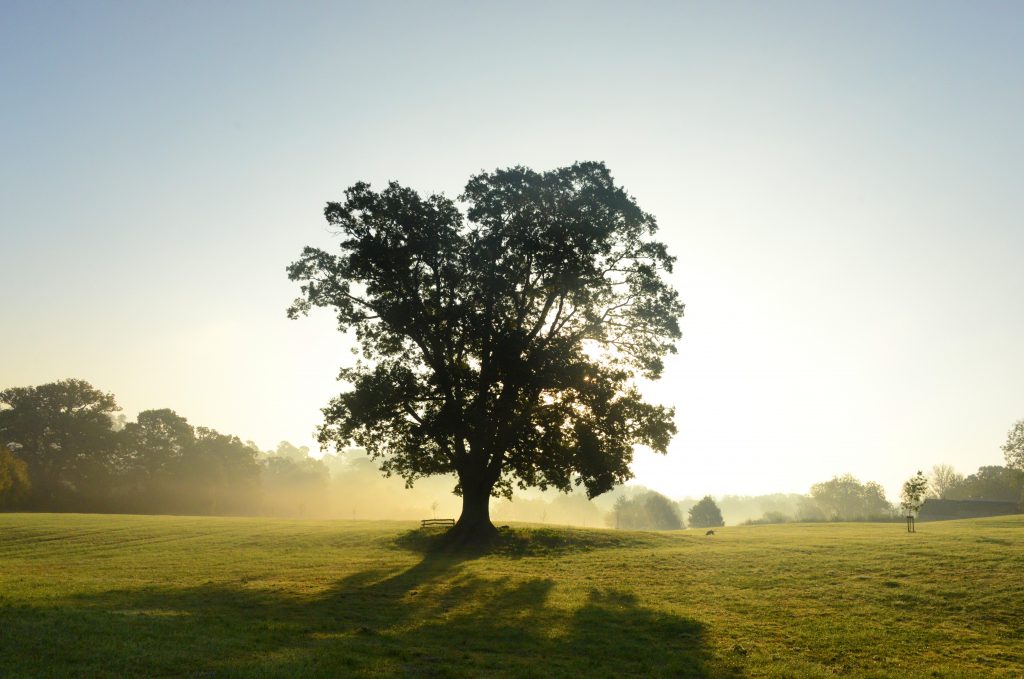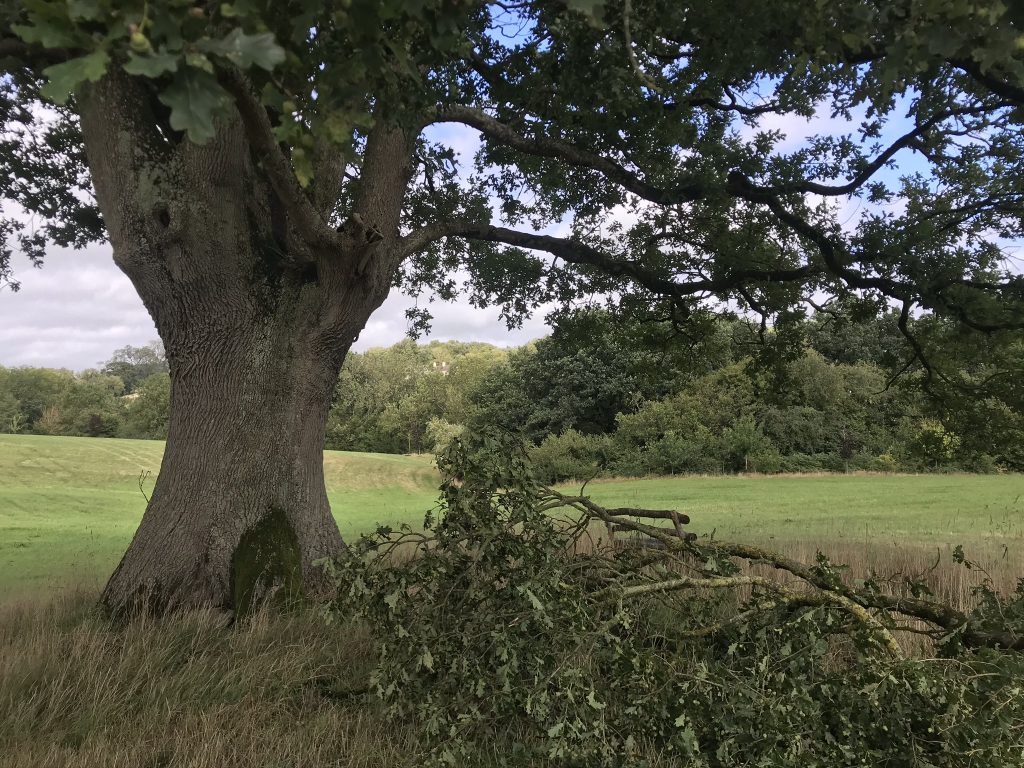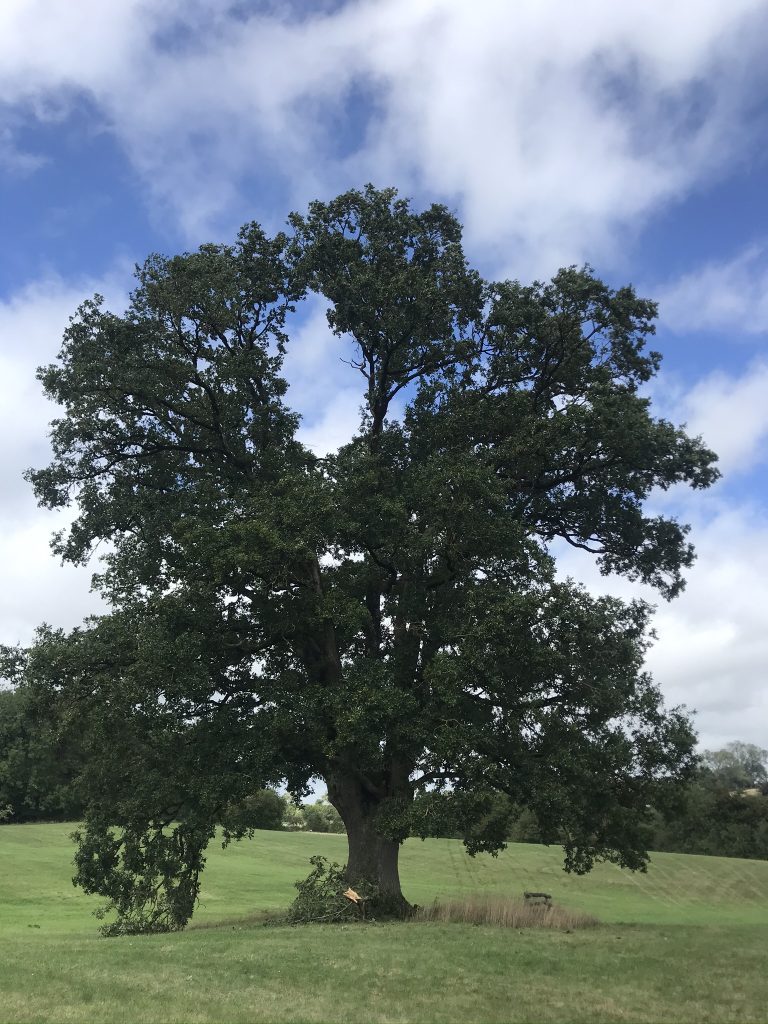By Lara Just, August 2020…

The events over the past six months across the world left many of us wondering how we can go on from here. What will happen next? What work will I do? Where will I get my clients from? How can I afford my life? Do I want to keep living (working, being in relation with xyz…etc) as before? Do I still want to be in a city? Do I want a different work-life-balance? Do I finally want to get a dog/cat, live in more natural surroundings?
So many questions. All are real questions that I have heard from clients during sessions, friends, colleagues, including myself particularly during and after the COVID-19 lockdown experience. So much uncertainty. So much out of control feelings that we desperately aim to control. Some of us still do this by means of working many hours, draft many plans on crumpled lists and post-it notes, or by binge-watch Netflix and excessive worry. And yet we still don’t know what will happen next. How do we cope?
Being really in touch with our fears of this uncertainty can be really difficult. The depths of it can make us feel exposed, raw even, and this vulnerability does not feel safe to most of us. Particularly in our western culture, we brush it off, laugh it off, make surface jokes, we divert, distract or talk about other less-charged material. Coming to terms with our own vulnerability and accepting our ‘powerlessness’ over uncertainty is one the most challenging aspects of being human, while living on this planet.
There comes a point when we realise that we are just not in control, even if we thought we were. And the truth is that we don’t actually have control over many things in our external worlds. For example, we cannot control the weather. You know that feeling? When it looked like sunshine earlier and then it rains on our walk and we wish we would have taken an umbrella. Oh, there are many “apps” for that now – true! But they appear to give us that pre-sight knowledge, and only give us the illusion of control. And did you notice? They don’t always work!
Or what about our neighbour next door, drilling and sawing relentlessly at random times, that could make our head pound in rhythm… Someone emailing or calling, interrupting us in mid-flow. A toothache. The postman delivering a letter we’d rather not receive that requires a response. Building works starting next door… Your big client choses to cancel your contract. Your mortgage falls through as your credit rating is no longer sufficient due to an error of an outstanding mobile phone invoice that should have been refunded. A family member calling you with another drama that you either pretend to listen to patiently or avoid by ignoring it in the first place – for as long as possible, in the hope it goes away. So many things – all out of our control.
We ingeniously create illusions to be in control though. Like the act of making lists, planning, risk management, spreadsheets, budgeting, insurance policies – now there are policies that cover nearly anything under the sun! With a fee attached. But the fact is – we are not in control. The weather can unpredictable, so can the world be – look at what happened this year with COVID-19 and the aftermath of it.
We cannot make anyone do anything, though we may try.
If we can make someone else try to do something different or be different, it absolves us from having to change something. Why? Because it is much more painful to acknowledge our part in it or that we may be wrong. We would risk our fantasy of control and safety.
As an example, if on the other hand we considered speaking out and saying “No” to someone’s wishes (“boundaries”), issue may rise up for us. We might deep down worry about hurting that person or we may be afraid that they think of us badly or get angry, in our busy minds leading only to unresolvable conflict. Therefore, we may chose not to say anything. This way, we can get into an old pattern and spiral into feeling bad, guilty, and ashamed even before we have actually expressed this. This leaves us feeling out of control and at the mercy of external circumstances. So we try and get control back again through other behaviours like brushing it off etc., and the cycle start again.
But guess what, we actually are in control of one thing – or person – ourselves.
How we react to the external world, is part of our decision making process, even if some of it is at times unconscious. We may not always feel that we are able to ‘control’ of our feelings or triggers. But we can take responsibility for our feelings. And the resulting reactions and actions that follow.
The hardest part for many of us is probably to acknowledge all of these feelings and emotions as valid. Learn to understand them and find compassion for them. When we work with that we have a better chance of reacting in a way that is truly authentic for us, and is congruent. This means that we are allowed to express anger, dissatisfaction, sadness or any other emotion, as long as it comes from a deeper true place, rather than from a place of fear.
Sometimes this requires a bit of help and exploration to get the hang of it (see more in my upcoming blog article on ‘Creative Self-Therapy’).
Many of us don’t even know what it would feel like when we are OK, happy and at peace (to ‘deserve’ and feeding into our self-worth). Notice how guilt could sweep in easily through the small unseen gaps and raises questions like ‘is it selfish?’ ‘would this affect someone else negatively?’ ‘how will they think of me?’, ‘who am I to … xyz?’ and so on.)
In the end, we can continue to do what others expect of us or we can start choosing to do what makes us happier, healthier, better, maybe even more refreshed and invigorated.
What has all of this to do with a ‘dead’ branch??

Last week something coincidental happened that made me reflect on ‘letting go’ and the painful process it can be, which was part of the reason for writing this article.
I was walking my dog that lunchtime between client sessions. On my way back, I entered one of the big fields with a large ancient oak tree in the centre. It has this beautiful natural wooden bench at its feet and I call it the ‘writing tree’ as I have spent many sessions writing there. Right in that moment of me entering the field, I heard a huge rustling noise which seemed surreal in that moment and what felt like a long time. One of the top branches fell off right before my eyes taking another branch down on the way. Everything was like slow-motion, and both my dog and I stood rooted to the spot while watching this. A huge branch hit the floor. For some reason, I felt I had to blink to see if I could trust my eyes. But right before my eyes, there now was a big hole left in the canopy (see the picture in this blog)! However, upon closer inspection, the branch was actually very porous inside – it was old, no longer healthy. It had to come off at some point. The tree ‘let it go’.
A little embarrassed to admit, I googled the various symbolic meanings of witnessing an oak branch falling, I guess I have just never seen a huge single Oak tree in the middle of a field shed a branch! Various esoteric meanings pointed to ‘death’ of a relationship or family member a quick search confirmed. Well, I wasn’t sure that I could confirm this, however, I was clearly curious enough to even google it. But the main point for me was the process of ‘letting go’ of something that is no longer useful. There may be a wound left even in that process. But the branch itself was no longer good to keep hold off, and now the leaves of the other healthier branches can grow and expand to fill the canopy again…
‘Letting go’ of something that no longer serves us sounds simple. It can be. But only if we have recognised the branch (part or parts) as trouble or no longer helpful.
If you like to know more, have any comments or would like some help, please get in touch!
